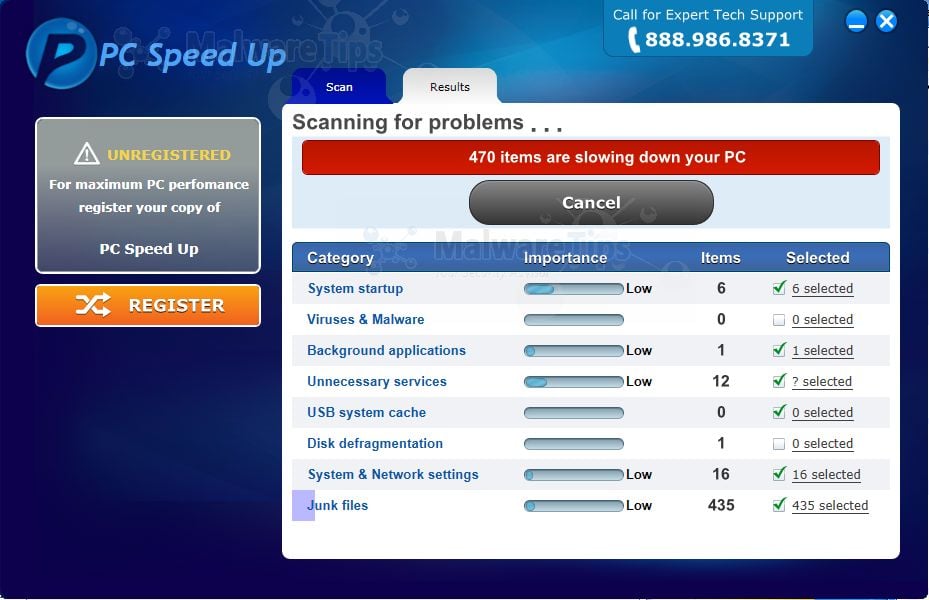

If it doesn't seem to help, restart your PC and then open just the apps, programs and browser windows you need. If this is happening, close any apps, browser tabs, etc., that you don't need and see if that helps speed up your PC. Having a lot of browser tabs open at once can also slow it down quite a bit. Having many apps, programs, web browsers, and so on open at once can slow down your PC. If your PC still runs slowly, continue to the next tip. If additional updates are available, select them and then select Download & install.įor more info about updates, including how you can have them installed automatically, see the Windows Update FAQ.įor Windows Update troubleshooting info, see Update Windows and Troubleshoot problems updating Windows. Select the Start button, then select Settings > Windows Update > Advanced options > Optional updates. Sometimes an optional update, like a new non-critical driver, will be available that may help. Restart your PC and see if it seems to run better. Select the updates you want to install, then select Install.
How to make computer faster virus removal install#
If the status says "Updates are available," select Install now. If the status says "You're up to date," continue and check for optional updates. Select the Start button, then select Settings > Windows Update > Check for updates.

When you check for updates, your PC will also search for the latest device drivers, which can also help improve your PC’s performance. One of the best ways to get the most out of your PC is to make sure you have the latest version of Windows 11 installed.


 0 kommentar(er)
0 kommentar(er)
